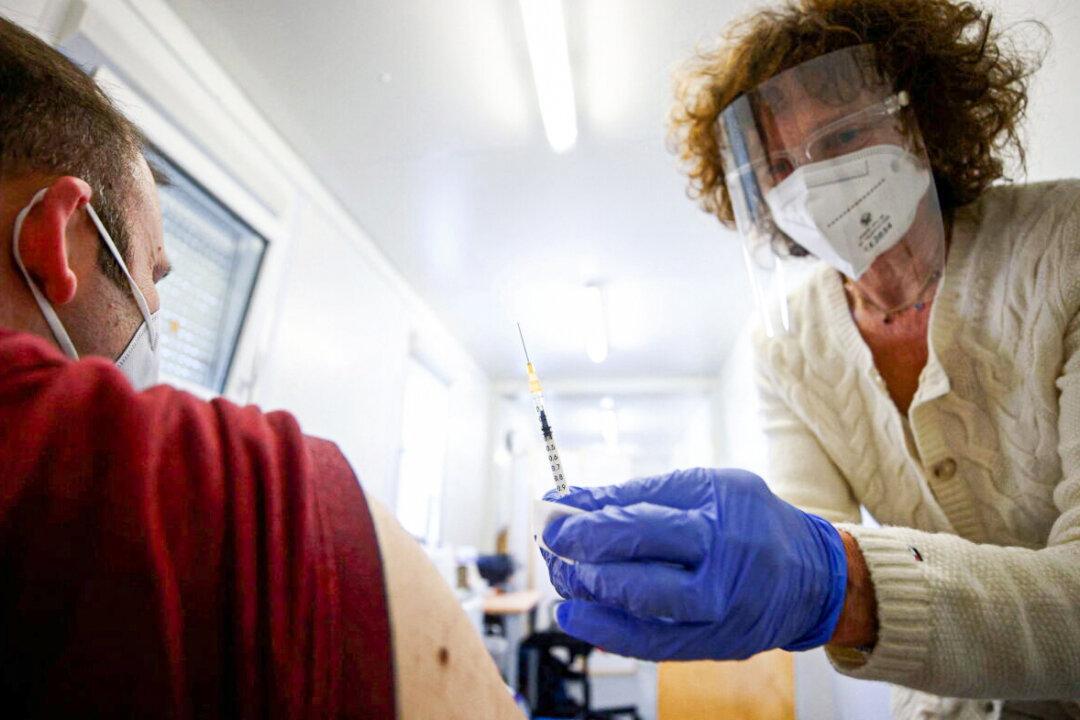The Austrian government has said it won’t immediately enforce a COVID-19 vaccine mandate that would have forced most adults to receive a vaccine by mid-March or face fines.
The mandate, for people over the age of 18, was signed into law in February, coming about two months after it was announced in Austria’s Parliament. Austria was the first country in the European Union to enact such a measure.





